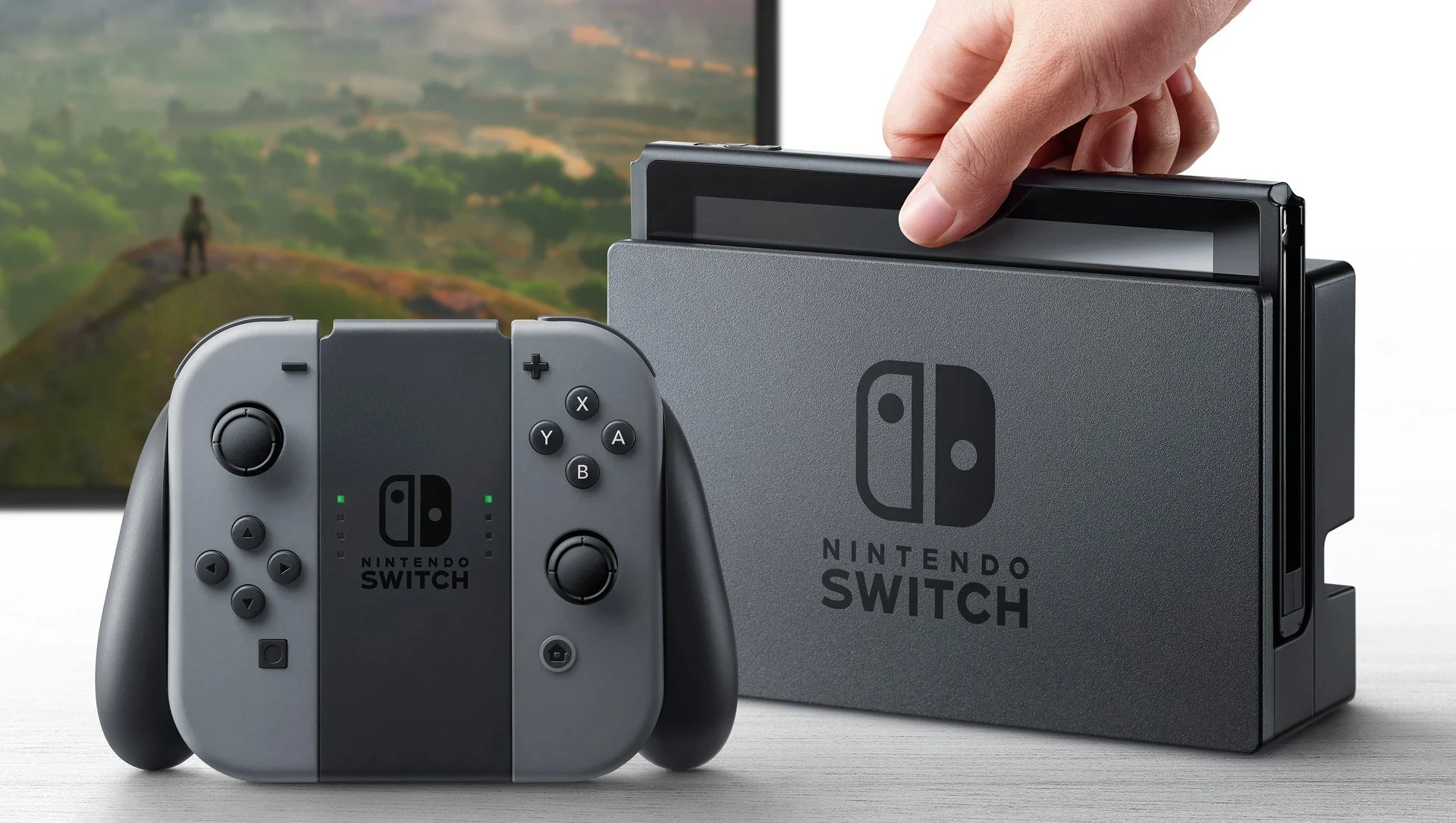Nintendo - what comes next?
To say Nintendo have had a stellar year is likely an understatement. Coming back from the disaster that was the Wii U, the Switch has catapulted Nintendo back into the limelight. Bolstered by strong sales and critical reception by their first party games, particularly Legend of Zelda: Breath of the Wild and Super Mario Odyssey, third party games have also been excelling on their new handheld/home console hybrid. Just a few years ago if you’d told me that Skyrim and Doom would be playable on a Nintendo console I’d have laughed at you, but here we are. Even outside of the Switch, the SNES Mini has been a massive success financially. In fact it was such a success that NPD, a US based hardware and physical game disc sales tracker, had the Switch down as the highest selling games hardware in September with the SNES Mini in second. Owners of the Switch are likely pretty happy with their first few months with the console, with third party, first party and a glut of indie games there has already been more to play on the Switch that the Wii U had in its short, sad life span. With all that said though, what comes next? For the rest of the calendar year 2017 Nintendo still have the sure to be highly profitable Pokémon Ultra Sun and Ultra Moon to release (unfortunately these are just 3DS releases), but in 2018 we’re a lot less sure what we can look forward to playing. A few games have been announced by Nintendo for the future of the Switch, a new Metroid and Pokémon game are set to be released but we’ve been warned these are in the early stages of development. With a Zelda and Mario game having just come out this year we’re likely a few years off the release of another mainline entry in those series. With fewer and fewer games left to port from the Wii U, Super Smash Bros. seems a logical re-release for Switch in 2018, with maybe Bayonetta 2 and Wonderful 101 to also follow suit. Nintendo may soon run into a drought of games.While some will argue that third party releases will fill in the gaps between major Nintendo developed releases, it’s worth noting that going forward as games become even more technologically demanding in the age of the PS4 Pro and Xbox One X it will become much more difficult to port these to the relatively weak Switch. Unless developers are releasing exclusive third party games to the Switch, as Ubisoft did to apparent success with Mario + Rabbids Kingdom Battle, Nintendo may need to rely on a steady stream of indie games to tide over its impressive player install base. Nintendo has long relied on its ‘few in number but reliably popular’ established game series like Mario, Zelda, Pokémon etc. to keep players coming back to consoles. However in recent years with new IPs like Arms and Splatoon we’ve perhaps begun to see a realization on Nintendo’s part that the success of their console relies more on their own output than what third parties can supply. When the first party games release at a steady pace and attract gamers to create a reliable install base, the third parties come to the console and not the other way around, as was the apparent intention on the launch of the Wii U. Early in the launch window of the Switch some rumours started to fly that internal development of games at Nintendo had moved entirely to the Switch, with the few 3DS games still in production to be finished and released and the teams then moved to making Switch games. While we can’t confirm this, it’s reasonable to assume that with the success of the Switch in its first year that if such a move to being all-in on the console hasn’t occurred, it now will. As a Switch owner without a huge nostalgia for Nintendo’s main franchises, I’m cautiously excited for the future of the Switch. With the promise of a mainline Pokémon game down the line that I can finally play on a TV, I just hope that between here and then I also get the chance to play some new and a few more familiar games.


